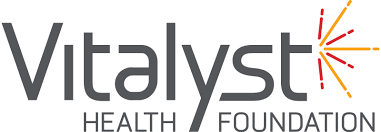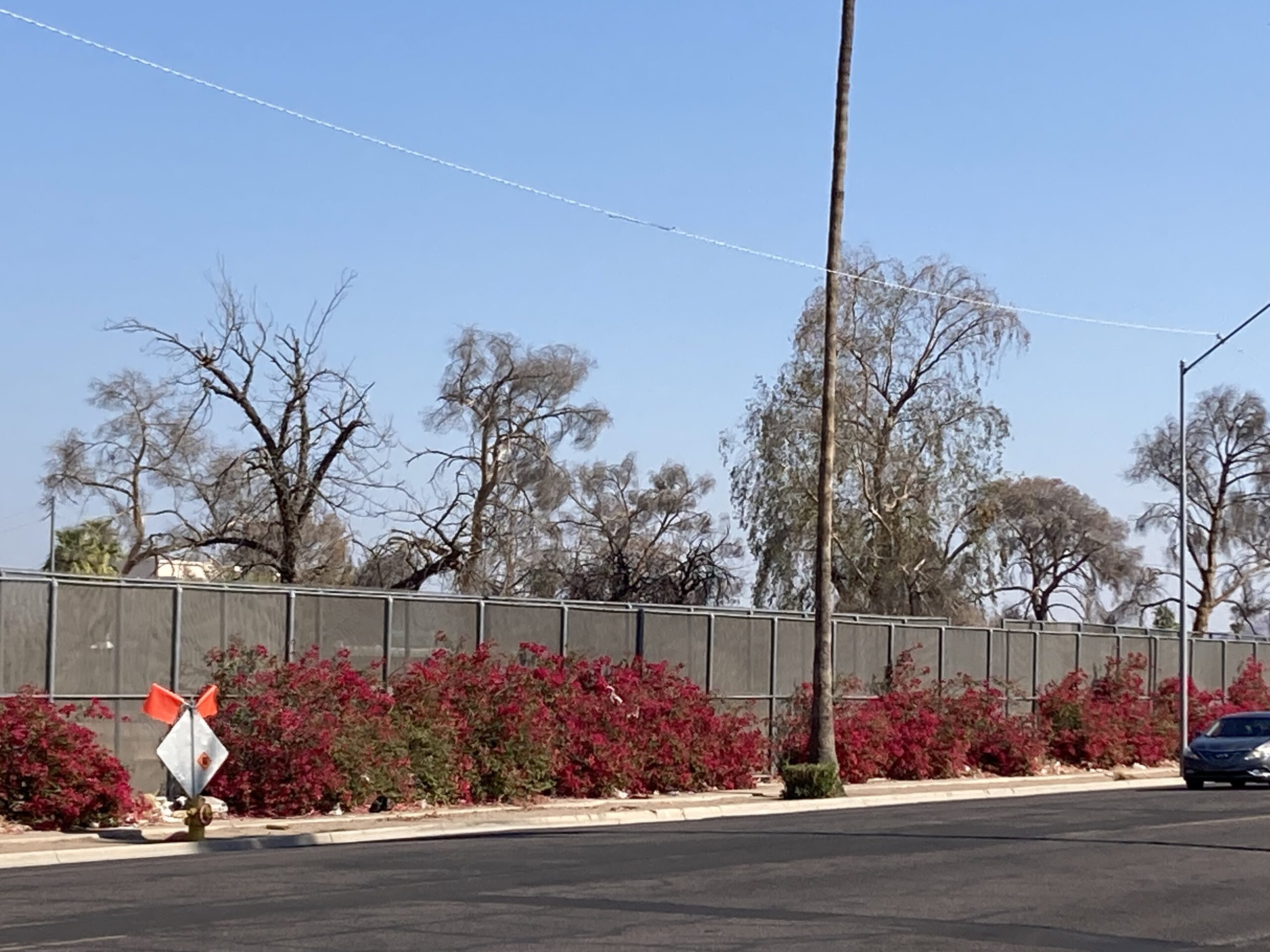Nonprofits have a unique ability to engage in developing meaningful public policy that builds healthier communities. This can range from sharing of information to conducting research to grassroots or direct lobbying.
Vitalyst keeps running tabs on lots of grant opportunities to help nonprofits etc. stay informed about the possibilities. Below is their latest compiled list:
NEW Due December 5th: WITH Grant
Due December 7th: Agriculture and Food Research Initiative Competitive Grants Program Education and Workforce Development
Due December 7th: Seventh Generation Fund for Indigenous People
NEW Due December 12th: State of Housing Trust Fund NOFA – 4% Projects without prior ADOH gap financing
Due December 12th: Teaching Health Center Planning and Development Program
Due December 13th: State Primary Care Offices
Due December 14th: Eliminating Disparities in Perinatal Health
Due December 15th: Sundt Foundation Grant
Due December 15th: Nonprofit Security Grant Program (NSGP)
Due December 16th: Nina Mason Pulliam Charitable Trust funds – Helping People in Need, Protecting Animals and Nature, & Enriching Community Life
Due December 17th: Justice Reinvestment Grants for Maricopa County
Due December 17th: Resident Opportunity and Self-Sufficiency (ROSS) Service Coordinator Program
Due December 19th: State of Housing Trust Fund NOFA – 4% LIHTC Projects seeking additional gap financing for cost overruns
Due December 21st: Suicide Prevention Capacity Building
Due December 31st: Yavapai County – Industrial Development Authority Grant
Due December 31st: Honor the Earth





